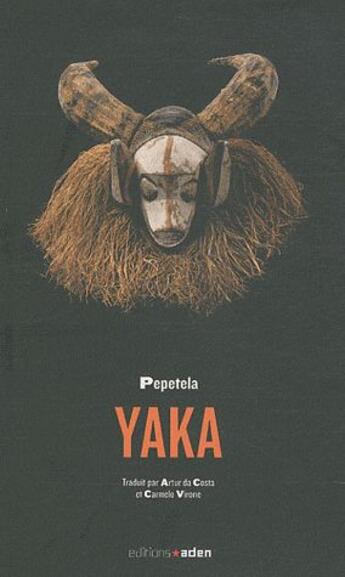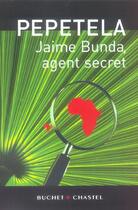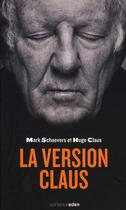-
Date de parution : 15/09/2010
-
Editeur :
Aden Belgique
-
EAN : 9782805900716
-
Série :
(-)
-
Support :
Papier
Résumé:
Most contemporary African fiction known in the West is written in English: Nigerian writer Wole Soyinka and South African novelist Nadine Gordimer come to mind. Fiction in translation from non-English-speaking Africa, however, is scarce. For its attempt to bridge that gap, Heinemann is to be... Voir plus
Most contemporary African fiction known in the West is written in English: Nigerian writer Wole Soyinka and South African novelist Nadine Gordimer come to mind. Fiction in translation from non-English-speaking Africa, however, is scarce. For its attempt to bridge that gap, Heinemann is to be commended. Pepetela, nom de plume and nom de guerre of Angolan writer Arthur Carlos Mauricio Pesta?a, also deserves a nod for this richly detailed recounting of Angolan history (1890-1975) through the saga of the Semedo family. A Portuguese colony from the 15th century, Angola was the only African country used as a penal settlement. Portuguese-born residents were officially "first-class" whites; Angolan-born whites were given second- or third-class status. Their intermingling with Africans created a unique population mix. Against this background, Angolan-born Alexandre Semedo, a convict's son, seeks his identity. Over his lifetime, lives of black Africans and whites increasingly commingle, the two peoples uniting eventually to fight first for independence then against a new invader, South Africa. The novel promises but never delivers-the pace is slow; the characters creepy and largely unsympathetic, the transitions from first to second person are confusing, and the literary device of Alexandre's Yaka warrior statue as knowing observer throughout the epic is poorly woven into the narrative. It rather makes one wonder if this 1986 winner of Angola's National Prize for Literature didn't lose something in translation. Copyright 1996 Reed Business Information, Inc.
Donner votre avis











